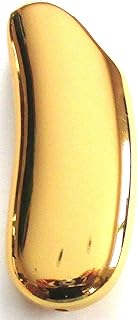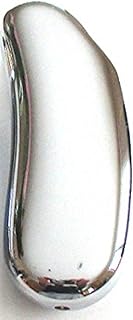The Environmental Impact of BIC Lighters: Disposable vs. Reusable
BIC lighters are a ubiquitous item, but their environmental impact is a growing concern. Let's compare disposable and reusable lighters:
Disposable Lighters:
Pros:
* Low initial cost: Disposable lighters are very affordable.
* Convenient: They're readily available and easy to use.
Cons:
* Landfill waste: Disposable lighters are made from plastic and metal, which take hundreds of years to decompose in landfills.
* Resource depletion: The production of disposable lighters requires significant resources, including oil and gas.
* Potential for harmful chemicals: Some lighters contain harmful chemicals, like butane, which can contribute to air pollution.
Reusable Lighters:
Pros:
* Reduced landfill waste: Reusable lighters can be used for years, significantly reducing the amount of waste generated.
* Environmental benefits: Reusables often use less plastic and metal, minimizing resource depletion.
* Sustainable option: Investing in a reusable lighter is a long-term investment that helps reduce the environmental impact of lighter use.
Cons:
* Higher initial cost: Reusable lighters are generally more expensive than disposable ones.
* Potential for gas leaks: If not properly stored or handled, reusable lighters can leak gas.
* Less convenient: Refillable lighters require refilling, which may be inconvenient for some users.
Other Considerations:
* Recycling: While recycling options for disposable lighters are limited, some brands offer recycling programs for their products.
* Composting: Some lighters, such as those made from biodegradable materials, can be composted.
* Refilling: Choose refillable lighters that are durable and compatible with a wide variety of fuels.
* Usefulness: A reusable lighter can be used for more than just lighting cigarettes. They can be used for starting campfires, lighting candles, and other purposes.
Overall, reusable lighters are a more sustainable option than disposable ones. While they may have a higher initial cost, they ultimately help reduce waste, resource depletion, and environmental pollution.
Choosing a Reusable Lighter:
* Consider the materials: Choose a lighter made from durable and recyclable materials.
* Look for refillable options: Opt for lighters that can be refilled with butane or other fuel sources.
* Invest in quality: A high-quality reusable lighter will last longer and provide a more reliable flame.
By choosing reusable lighters and using them responsibly, we can reduce our impact on the environment and contribute to a more sustainable future.


